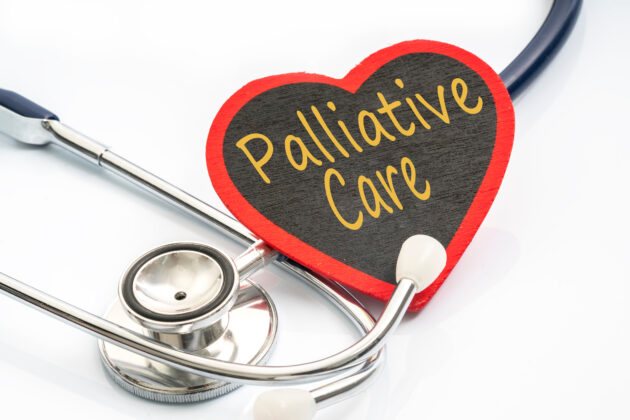The aim of “Factors Influencing Palliative Care Access and Delivery for Great Plains American Indians” study is to identify factors influencing access to and delivery of palliative care on three reservations in the Great Plains. The hope is to be able to inform the development of culturally tailored palliative care services for American Indians. The population identified were those patients with a cancer diagnosis. Qualitative interviews of 38 specialty and primary clinicians were completed that found four themes influencing palliative care delivery and access for Great Plains American Indians. They include: “Healthcare systems operations- availability of home health and hospice and fragmented services; Geography- travel distance for care, weather factors etc.; Workforce- care continuity, inadequate staffing, and cultural familiarity; and Historical trauma and racism.”
Findings of this study include “the importance of addressing the time and cost of travel for seriously ill patients, increasing home health and hospice availability on reservations, and improving trust in the medical system. Was to improve the trustworthiness of the medical system include strengthening the American Indian medical workforce, increasing funding for the Indian Health Service, and transitioning the governance of reservation health care to Tribal entities”. The full article can be found at:
Along with the above research the team was able to focus on a second study to learn about the role of spirituality for American Indian cancer survivors, caregivers, and Tribal leaders and healers while on the cancer journey. The findings came from qualitative interviews and indigenous talking circles. Additional fund came through the Sojourns Scholars Leadership Program awarded to Dr. Bethany-Rose Daubman.
Four major themes were identified, “the chasm of colonialism, coexistence of Traditional and Christian religions, calling the Spirit back, and prayer as sacred energy.” Conclusions from this study include: “the criticalness of clinicians care for American Indians with serious illness to seek understanding of their patients’ spiritual beliefs abut disease treatment and death and work with them and their families to support quality of life throughout their illness journey. In addition, clinicians must recognize the systemic racism inherent in our healthcare systems, and dismantle cultural clashes and bias for all patients, particularly American Indians who have long suffered poorer health outcomes.”




